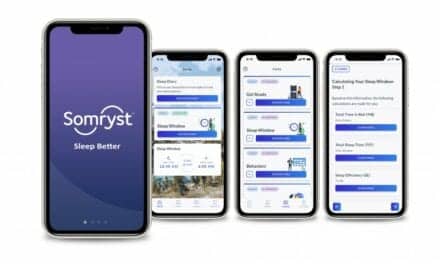Teresa Ward, professor and co-director of the Center for Innovation in Sleep Self-Management in the University of Washington School of Nursing, answers questions about sleep in the age of coronavirus.
UW News: What about those able to working from home?
Ward: It is really easy to lose track of time when you are working from home because we are confined to the home all day and don’t have the daily reminders or cues of picking children up from school or going to the gym after work. One thing you can do is set a timer to remind you to go outside for a walk, run or exercise class and when it’s time to shut off the computer for the day. It’s really easy to continue to work throughout the evening and lose sight of time.
Get outside at least a few times a day for a walk or run. This exposes you to light, which is important for your circadian rhythm and sleep. For individuals who do not want to go outside, exercise inside. YouTube and Facebook have all types of exercises and workouts that are free for children, adolescents and adults. Here and here are examples.
For individuals who are using their bedroom as an office, be sure to remove your computer and work-related material from the bedroom several hours before bed so you are not tempted to continue to work late in the evening and/or in the middle of the night.
UW News: How is screen time likely influencing sleep?
Ward: The light from the computer screen can alter or disrupt your melatonin. Melatonin is a hormone of darkness and this increases a few hours before bed, and it’s important for sleep onset. Light from computers can stop and/or disrupt melatonin secretion which impacts your sleep. Even though many of us are using screens more right now (ZOOM meetings, for example) because of COVID-19, we can adjust in the evening and shut off screens. Monitor how much screen time and when you are using your screen time. If you’re on your computer or phone close to bedtime, start dialing that back a bit and find another activity for that time such as listening to relaxing music or reading a physical book.




